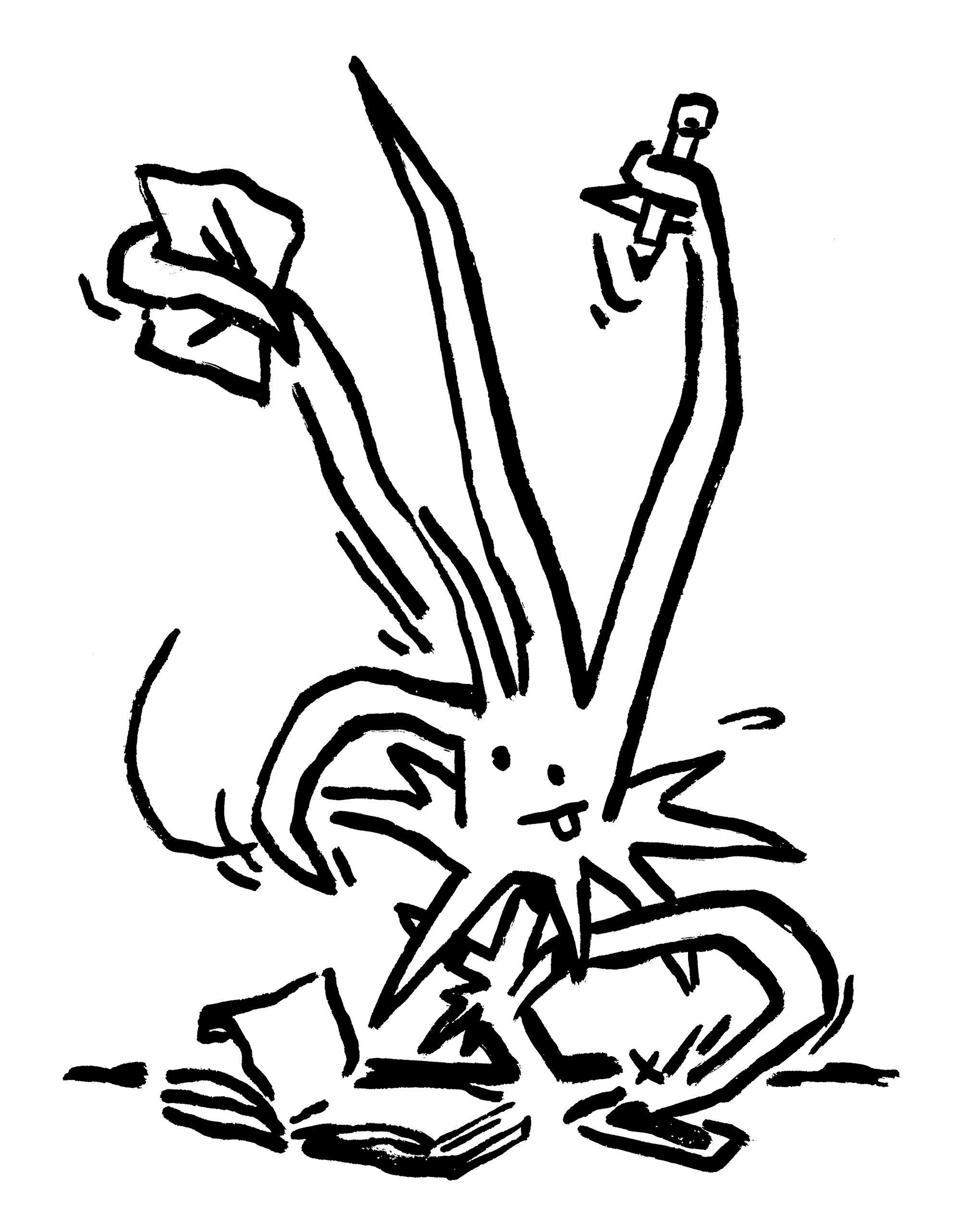
As Long as Grass Grows

As We Have Always Done

Braiding Sweetgrass

Call Us What We Carry

Climate Change from the Streets

Climate Resilience

Doughnut Economics

Earthrise

Facing the Climate Emergency

Fresh Banana Leaves

Less is More

Shut It Down

Six Degrees

The Future We Choose

The Ministry for the Future

This Changes Everything
C
T
- The Climate Crisis 2022
- The Dawn of Everything 2021
- The Future We Choose 2020
- The Healing Power of Forests 2007
- The Intersectional Environmentalist 2022
- The Land in Our Bones 2024
- The Language of Climate Politics 2024
- The Ministry for the Future 2020
- The Songs of Trees 2017
- The World Is Ours to Cherish 2024
- This Changes Everything 2014
- Anthropology,
- Arts Creatives,
- Biography Memoir,
- Childrens,
- Climate Action,
- Cookbooks,
- Design Built Environment,
- Disaster Mitigation,
- Earth Sciences,
- Ecological Sciences,
- Economics,
- Energy,
- Fiction,
- Food Agriculture,
- Geography,
- History,
- Indigeneous Knowledge,
- Land Resource Use,
- Migration,
- Nature Writing,
- Philosophy Critical Theories,
- Poetry,
- Politics Policy,
- Psychology,
- Public Health,
- Religion Spirituality,

As Long as Grass Grows

As We Have Always Done

Braiding Sweetgrass

Call Us What We Carry

Climate Change from the Streets

Climate Resilience

Doughnut Economics

Earthrise

Facing the Climate Emergency

Fresh Banana Leaves

Less is More

Shut It Down

Six Degrees

The Future We Choose

The Ministry for the Future

This Changes Everything

